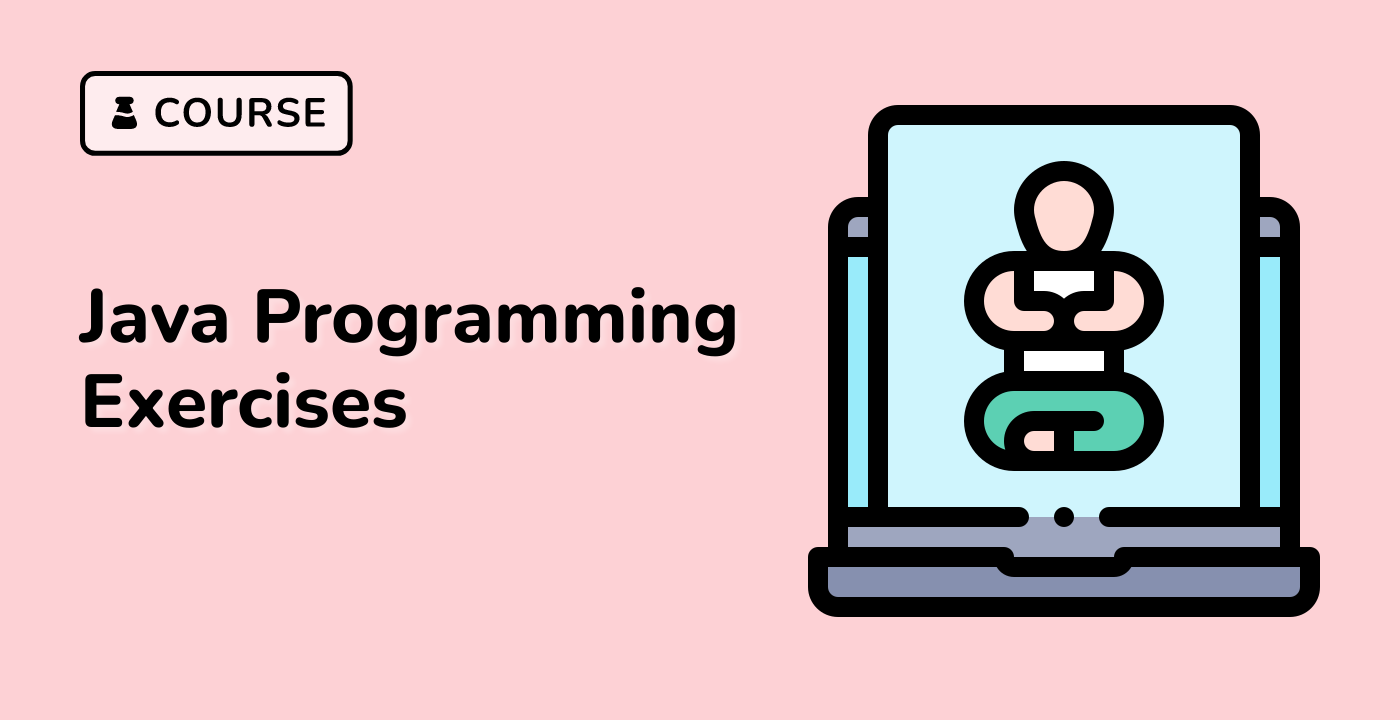Introduction
Understanding how to check your Java runtime version is crucial for developers and system administrators. This comprehensive guide explores various techniques to identify the installed Java version, ensuring software compatibility and optimal performance across different Java environments.




